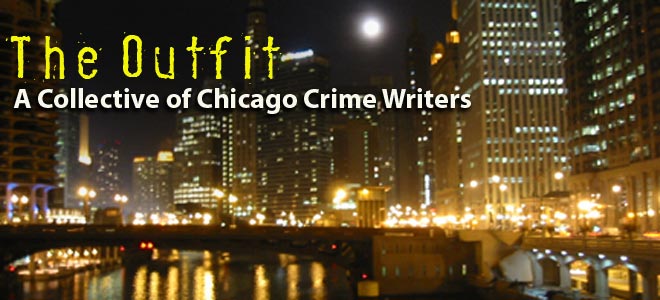by Michael Dymmoch
When I was in my salad days and still thought writing was congenital or inspired by God, I hung out with artists and poets and waited for inspiration. And in the occasional near-suicidal depression I managed a couple of poems and a short story or two that passed as not bad for a college kid.
Now that I'm a writer, I know that inspiration only gives you ideas. And everyone—including scientists and engineers, mechanics, teachers, and moms-at-their-wits end-with rambunctious-kids—has ideas, sometimes even inspirations. Successful writers (and scientists, moms and mechanics) also have the discipline to turn ideas—which are otherwise just fleeting notions—into actual creations. And successful poets—who seem the most inspired of writers—are the most disciplined of all.
I've managed, in my lifetime, to write three successful (not necessarily great) poems and a fragment. One got me an A in creative writing and the ultimate compliment—"Damn you!" from a dog-lover. One made it into a school anthology. The third and the fragment I self-published; I used them in my novels.
I once asked a great teacher, "What is a poem?" She said, "It's the ultimate economy."
Which is why I love Denise Levertov and Michael Ondaatje, John Ciardi and Norman Nathan, among others. Why I can't quote my favorites without permission—they are too short to even include a line. But check out something like Reflections on a Gift of Watermelon Pickle...(Stephen Dunning, Edward Lueders, Hugh Smith). See if you can read "For a Dead Kitten" (Sara Henderson Hay) without tearing up. It is only eight lines long, but manages to evoke the immensity of death. That's power. That's great poetry.
Wednesday, December 09, 2009
Subscribe to:
Post Comments (Atom)



1 comment:
`
`
`
`
`
`
`
`
`
`
`
`
`
`
`
`
`
`
`
`
`
`
`
`
`
`
`
`
`
`
`
`
`
`
`
`
`
`
`
`
`
`
`
Post a Comment